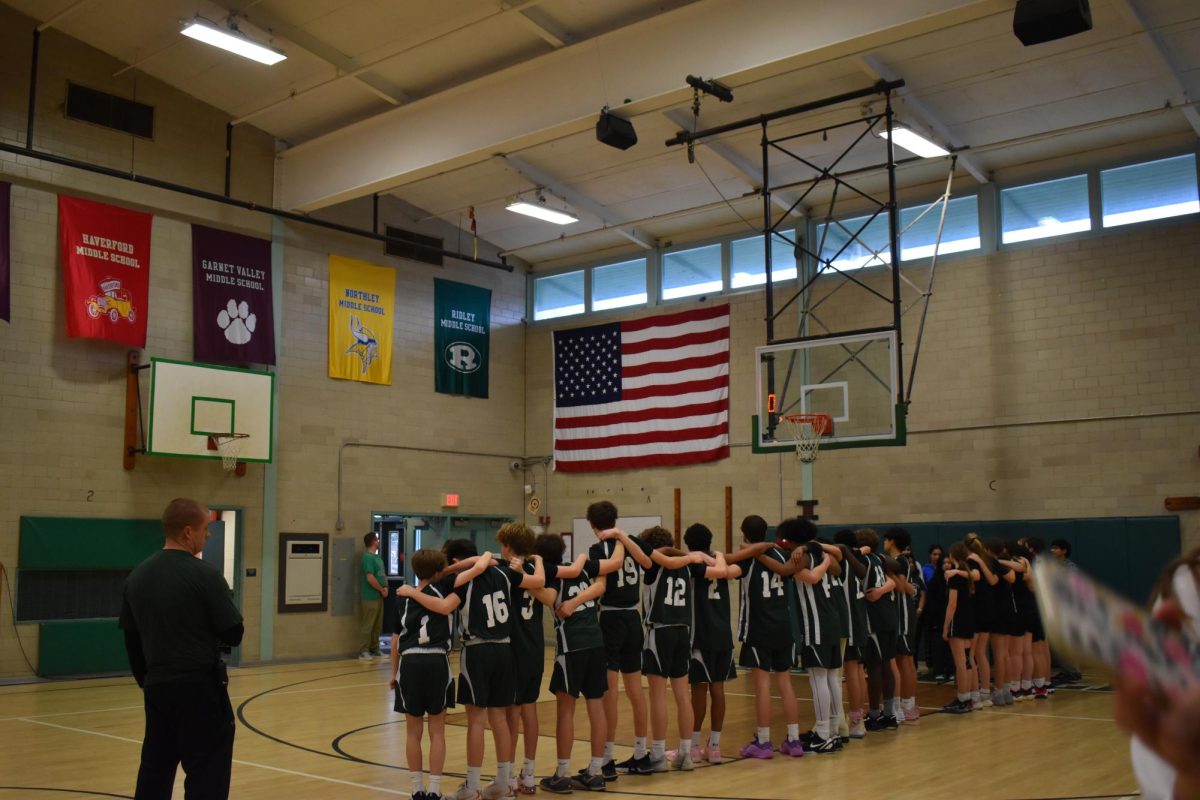Too Tired To Function: The Reality for Many High School Students.
May 2, 2023
Imagine, after a night of hard homework and exhausting practice, you fall into bed and doze off. The next second, you wake up from your alarm at 5:00 to catch the bus at 6. You’re tired, sore, and drained from the night before but still get to your bus on time for another repetitive day at school. This is the reality of many high schoolers all over America. Exhausted and weary, high schoolers are expected to begin classes as early as 6:30 or 7:00. “To ask a teen to be up and alert at 7:30 a.m. is like asking an adult to be active and alert at 5:30 a.m.,” said Horacio de la Iglesia, the co-author of NEA News. Most kids in high school and even middle school need to get 8–10 hours of sleep. There are many reasons to give up these early start times, especially the benefits of an extra hour of sleep.
Incredible benefits come with more sleep, starting with grades and attendance. When a change in the school start time was implemented at Franklin High School in Washington, final grades were 4.5 percent higher for students who took the class after school start times were pushed back compared with students who took the class when school started earlier (Urton). Also, the number of tardies and first-period absences at Franklin dropped. Grades and attendance are important and many should be trying to enforce anything that can help improve them.
Not only does more sleep help with grades and attendance but it also helps with less caffeine consumption. Fewer students will have to rely on caffeine to make it through the day. When students don’t get enough sleep, they usually get a cup of coffee to help them through the day. If they become dependent on caffeine, they can suffer from many issues including headache, fatigue, sleepiness, trouble concentrating, depression, anxiety and even heart failure. With more rest, students will be less reliant on caffeine and won’t have to suffer through these problems. As you can see, the benefits are incredible.
Some may argue that changing school start times are too big of an adjustment to execute. Issues come up when it comes to after-school sports, tutoring, transportation, and scheduling difficulties. Many are worried that later school start times will affect extracurriculars in school. Though these problems are reasonable, because we have gotten used to 6:00 start times, we can most likely work around later start times as well.
In conclusion, there are many benefits to implementing later school start times. A way you can help make school start times later is by starting petitions or contacting the school for more information. We need to fight for later start times, and ultimately better opportunities for us as young adults!




















